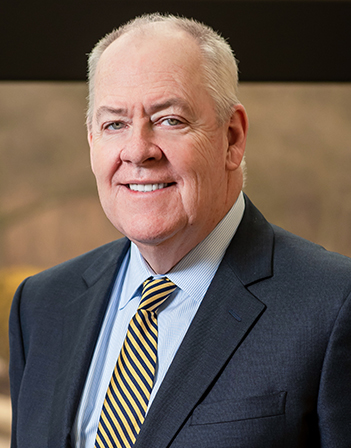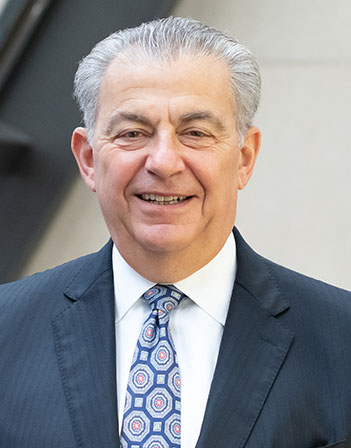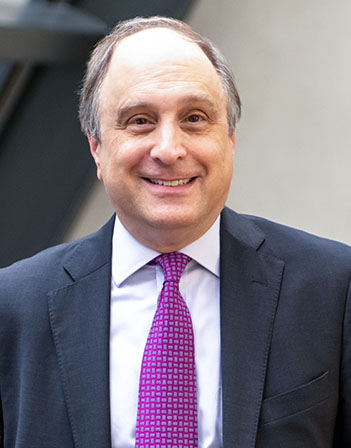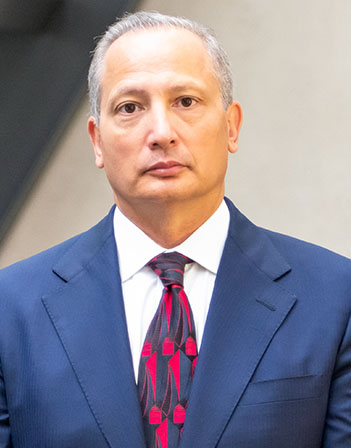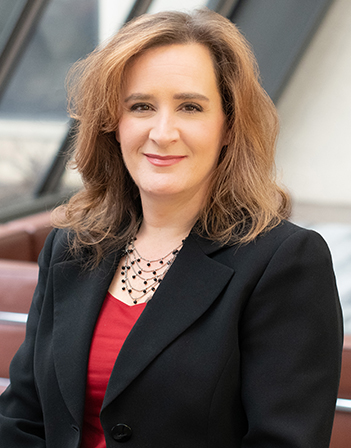
Article
Golden Passports & Moving to Puerto Rico
People tend to vote with their feet. In recent years Taxpayers have moved from high tax states to states with no or low-income taxes. Wealthier and more ambitious Taxpayers often seek a second passport, called a “Golden Passport.” Taxes are not the only reason that people seek second passports. Many countries will issue a second passport if the Taxpayer makes an investment in the country. This is referred to as “citizenship by investment.” However, not all second passports are the same. A Taxpayer seeking a second passport should shop for it like any other major purchase. The cost of obtaining a second passport can be less than a $200,000 investment in the host country, and, can be as high as $2 million in investment in another country. Why the disparity? Just like automobiles, not all second passports convey the same privileges and acceptance. Before setting out to obtain a second passport, you should investigate whether the country you are interested in allows for “special status.” For example, were you born there, or was your mother and/or father from the country. If you have a special status, obtaining a second passport can be easier and cheaper. Absent any special status, it is important to understand what you are getting for your money. Some countries issue second passports without the applicant ever setting foot in the country. A second passport advisor recently touted Austria as having “one of the world’s strongest passports.”
If you are a U.S. citizen or green card holder, and taxes are one of your principal reasons for seeking another passport, you will most likely have to give up your U.S. citizenship or green card to lessen or avoid U.S. taxes. Further, depending upon your net worth, surrendering your U.S. citizenship or green card may not cease the U.S. from taxing you when you leave, or when you receive certain deferred income, such as a pension, after you leave, or if you leave property to a U.S. relative when you die.
Grenada is a good example. Caribbean second passports have traditionally been cheap by comparison to European Passports, but lacked the status and acceptance of European Passports. If you are considering a second passport issued by a Caribbean country you should ask, “if I obtain a passport from Grenada, St. Lucia, the Grenadines, or Dominica, will I have to obtain a visa when I want to travel to another country. European Passports are usually more readily accepted. The “Grenada Citizenship By Investment” promises the following:
- Grenadian passport in just 4-8 months;
- Visa-free access to 144 countries worldwide, including EU & UK;
- No physical residency required with the option to obtain a second passport remotely;
- Non-refundable donation from $150,000 or Real Estate Investment from $220,000;
- Fast Relocation Route to the U.S. through the USA E-2 Investor Visa.
When considering a country for a second passport, is the country granting you citizenship, residency, etc. Can you bring your family? Do you have to surrender any other citizenship.
Countries issuing second passports sometime cease doing so because they believe that their programs are being used excessively, especially to the detriment of the local population. For example, Portugal recently ended its program because there were too many Californians moving to Portugal. The Los Angeles Times published a story in May 2022 of Californians moving to Portugal under the heading, “Welcome to Portugal, the New Expat Haven. Californians, please go home.” Montenegro also ended its citizenship by investment program on December 31, 2022. Bulgaria has ceased its golden passport program and Cyprus suspended its program. Hungary granted residency by investment but terminated it in 2017.
If you consider a second passport, make sure that you have a good advisor that you can trust.
MOVING TO PUERTO RICO
Suppose you don’t want to remain in a high-tax state, but you would like to move to another place where you can retain many of your U.S. benefits and mitigate or eliminate your federal and state taxes? For example, moving from New York to Florida may eliminate state income taxes and state death taxes, but it does nothing to lower your federal tax exposure. If you can become a “bona fide resident” of Puerto Rico, you can lower or eliminate federal taxes and be subject to Puerto Rican taxes, which can be much lower, or, in some cases, non-existent. As one writer recently stated:
The jurisdiction of Puerto Rico is something of a hybrid. From afar, it looks very much like the 51st state of the USA. Closer up, you discover it has the fiscal independence of a separate jurisdiction. Incoming corporate and individual investors can benefit from an attractive mix of strong US legal safeguards, a highly skilled work force and exceptionally low taxes.
Puerto Rico is a US territory – not a full-blown state – but you could be forgiven for not realizing.
The island’s 3.3 million people are US citizens with US passports. They earn and spend US dollars. Their head of state sits in the White House. They take their disputes through the US federal court system. Investors benefit from all the same legal protections and remedies as the US mainland, including those governing intellectual property rights.
Incorporation also bears similarities to the processes followed in the US. Puerto Rico’s General Corporation Law is closely modelled on Delaware’s equivalent. The interplay of local and US corporate entities is smooth and simple.
What makes Puerto Rico attractive from a tax standpoint? For the last decade or more, Puerto Rico has worked hard to define itself as a tax haven by enacting laws that impose little or no tax on certain types of income. To take advantage of these laws, a person must become a “bona fide resident of Puerto Rico.” To become a bona fide resident of Puerto Rico a person must:
- Spend at least 183 days a year on the island (there are several other tests you can qualify under if you cannot meet this test);
- Have no other tax domicile but Puerto Rico;
- Have no closer connection to either the US or a foreign country;
- Possess a local bank account;
- Purchase a residence within two years;
- Make an annual $10,000 contribution to local charities.
- Residency must begin before December 31, 2035, and they should not previously have been a resident between January 17, 2006, and January 17, 2012.
What kind of Taxpayers will find Puerto Rico attractive?
- Exporters of International Services: The list of qualifying businesses is long;
- Manufacturers that require significant research and development: For example, software development and scientific research. The list of benefits is extensive;
- Wealthy Taxpayers: Wealthy Taxpayers have constituted a large migration to Puerto Rico, especially holders of Securities and Crypto. Increases in value of Securities and Crypto after becoming a bona fide resident of Puerto Rico are tax exempt. Capital gains arising before immigrating to Puerto Rico will be taxed by the United States up to the preimmigration gain when recognized, and, if recognized within 10 years of obtaining a bona fide residency in Puerto Rico, will be taxed at 15% by Puerto Rico. If recognized after 10 years of becoming a bona fide resident, the Puerto Rico tax rate is reduced to 5%. The following examples illustrates this rule:
Example 1: Abe, a U.S. citizen, owns Microsoft stock that he purchased for $100 when he was a resident of the U.S. Three years after the purchase, Abe becomes a bona fide resident of Puerto Rico when the stock has a value of $120. Two years after Abe becomes a bona fide resident of Puerto Rico, the stock increases in value to $200 and Abe sells the stock. Abe has a capital gain of $100. Abe is subject to U.S. tax on $20 of the gain that accrued before he became a bona fide resident of Puerto Rico. Abe is also subject to the Puerto Rico long term capital gain tax of 15% on the $20, because he did not hold the stock for more than 10 years after he became a bona fide resident. The $80 of gain that accrued after Abe became a Puerto Rican resident is not taxed in the U.S. or Puerto Rico. Had Abe held the stock for more than 10 years after becoming a bona fide resident of Puerto Rico and sold it for $200, the $20 pre-immigration gain would be subject to a reduced Puerto Rican tax of 5%. Since Abe is a resident of Puerto Rico, Puerto Rico has the right to tax pre-immigration gain first, and the U.S. will give a credit for taxes paid to Puerto Rico.
Example 2: If Abe had bought the stock after becoming a bona fide resident, he would pay no tax to either the U.S. or Puerto Rico.
Some Additional Considerations:
- A U.S. citizen who becomes a bona fide resident of Puerto Rico does not have to file a FINCen form 114 for his bank accounts held in Puerto Rico.
- A U.S. citizen does have to file an IRS form 8938, Statement of Specified Foreign Financial Assets, unless the U.S. citizen does not have to file a U.S. income tax return.
- The IRS has announced that it intends to audit U.S. taxpayers who claim to be bona fide residents of Puerto Rico to confirm that they do qualify as such.
Porzio has an office in San Juan, Puerto Rico. If you are interested in learning more about moving to Puerto Rico contact Phil Siana or Deirdre Wheatley-Liss at Porzio.

